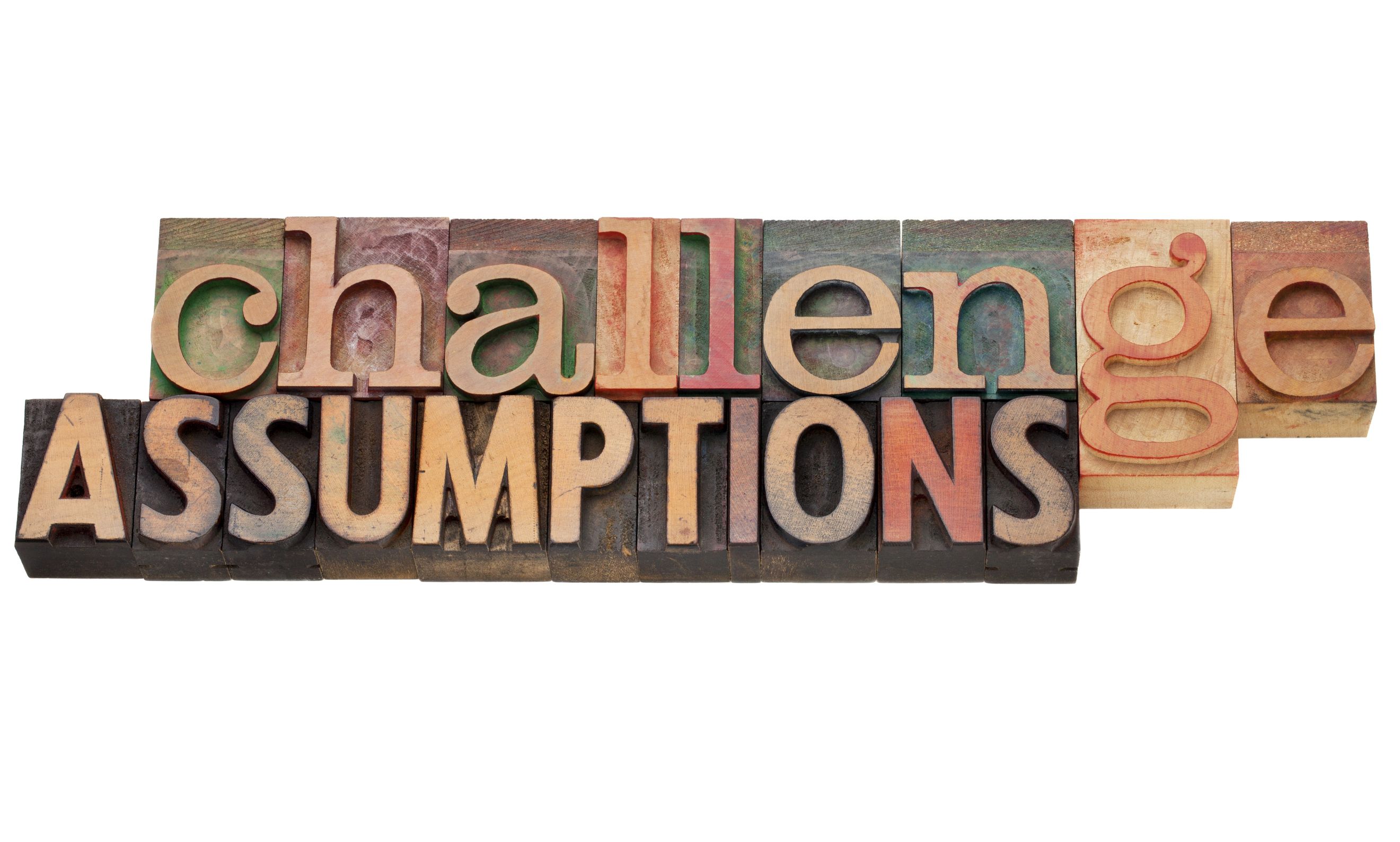Leadership is for everyone.
I’ve been focused recently on lots of leadership development work as it was one of the goals I set when I moved to New York late last year. Very exciting, and also interesting.
I notice that many employers focus leadership development efforts on a higher-level echelon of employees that they see as high potential, top talent, often referred to as HiPo’s in organizational parlance.
There’s a reluctance to invest in developing those considered mediocre talent.
Of course if you know me at all, you’ll know that term gives me brain freeze. I mean how many stories have we heard about those judged as mediocre talent, that prevailed, and went on to do great things?
I believe too much in the transformative power of personal change to take any conclusion about mediocre talent at face value.

Besides, labeling talent as mediocre is a judgment; a conclusion drawn by a subjective observer on a limited set of data at a specific point in time.
.
It’s most certainly not a statement about the deep and complex potential buried within each of us.
.
I get it, though. The expediency required to run complex organizations in an ever-accelerating world requires labels.
.
And, I resist those labels!
.
In my early career I was most certainly considered mediocre talent. Maybe worse! (Truthy!)
.
And it’s not because I didn’t care. It’s because I was completely and totally in the wrong places doing work that wasn’t suited to who I was or what I was innately wired to do well. I had no idea who I was or how I showed up in the world.
.
Additionally, I wasn’t prepared to be “top talent.”
.
There were behaviors, attitudes, and insights I never learned, until I gained experience, mentors, success, and failure in my journey.
.
And I had a lot to learn about how important relationships with other people were in the workplace – and life in general.
.
.If you looked at that one data point, at one time in my life, there’s no way I should have had the career that I did. I am so grateful my entire future was not predicated on one snapshot in time.
.
But the concept of talent, is, after all Human. It’s complicated. It’s organic. It’s open to the siren calls of emergence and growth.
.
That makes sense. Psychologist Abraham Maslow proclaimed, “Human motivation is based on people seeking fulfillment and change through personal growth.”
.
We are by our very natures Growth Seeking Creatures. It is our MOTIVATION. It keeps us breathing.
.
As a former student who consistently fell in the “low B” grade area, delivered laughable SAT scores, then went on to manage a global organization including a staffer with a perfect GMAT result, I believe we miss potential greatness by focusing leadership development solely on top performers.
.
What is Leadership Development about?
.
You might think Leadership Development is a notion reserved exclusively for top talent, world leaders, and CEO’s.
.
You may think it’s some mysterious club reserved for special people who know the secret handshake.
.
Thanks, GIPHY.
.
It’s not.
.
Great leadership is rooted in high levels of self-awareness, a deep thirst for learning, a lifetime commitment to continuous improvement, the quality of relationships we have with other people, the ability to communicate, influence, and more.
.
In all of the research done on great leaders, none ever came up with a very specific technical requirement to be one. Nor, thankfully, is there an IQ requirement.
.
Leadership is about competencies we ALL have the capacity to develop and hone, no matter what track we’re on.
.
.
Surprise. You are developing your leadership chops here and now.
.
But you might be thinking, “No, Lea, that doesn’t apply to me. I’m not a leader.”
.
I beg to differ.
.
It doesn’t matter where you fall on the talent scale; how or if you’ve been labeled.
.
It doesn’t matter if you have a boss, or organization, that makes you question your worth or capabilities or talents.
.
You may not aspire to lead global organizations. But you can develop a leader’s mindset.
.
You will always need to lead yourself, and you will encounter infinite opportunities to lead, influence, and serve those around you.
.
So you’re developing those leadership chops, even when you don’t think that’s what it is.
.
Every time you read an article on The Muse.
.
Every time you try a new technique I share in my articles or coaching.
.
Every time you stretch to do something that’s a little bit uncomfortable asking for what you need, rather than waiting for the people to read your mind.
.
Every time you have compassion for the difficult people in your work place, and lead with a better example.
.
Every time you take responsibility for your action, in the spirit of controlling what you can.
.
Every time to you agree to learn more about yourself, and how you operate in the world, so that you can figure out how to better work with others.
.
Every time you reach out and look for the work that you’re supposed to be doing in the world, that aligns with your strengths, your type, and your interests.
.
Every time you ask questions for clarity, rather than making an assumption or rushing to judgment.
.
You may think all this content and coaching is about surviving the workplace. Partly it is.
.
But it’s ALWAYS about something more. It’s about helping you become someone worth following.
.
I want you to see the potential inside you, and help you feel the transformative power you have to bring about, and to do what needs to be done in this world. That’s what leaders do.
.
Maybe you’re stuck on something in your job and need help figuring one thing out.
Or maybe you want to delve into a complete Career Pivot.
Let me know what I can do to help you. Connect with me and let’s get a conversation on the calendar.
Top Image: https://www.123rf.com/stock-photo/
Crown image: Pixabay

